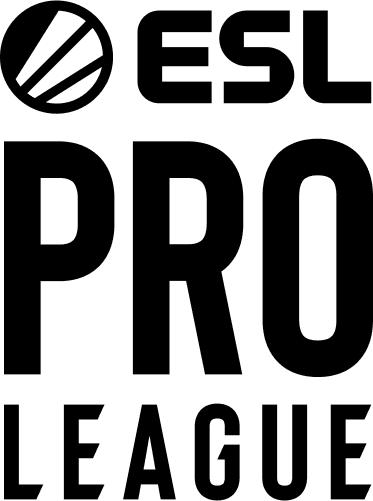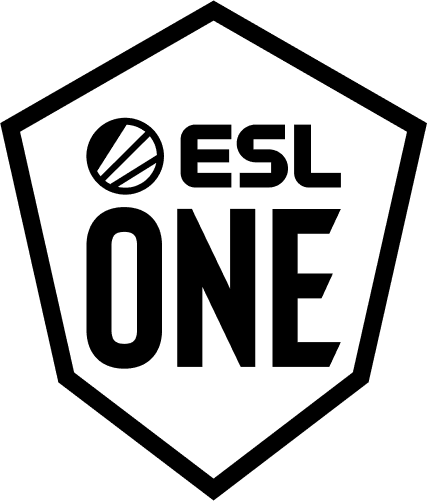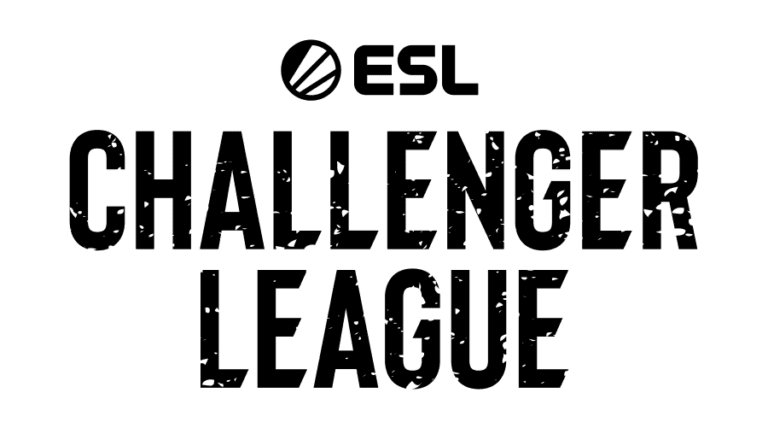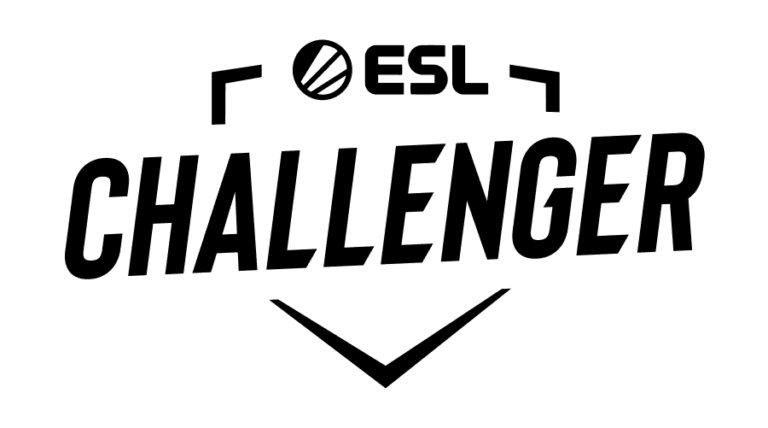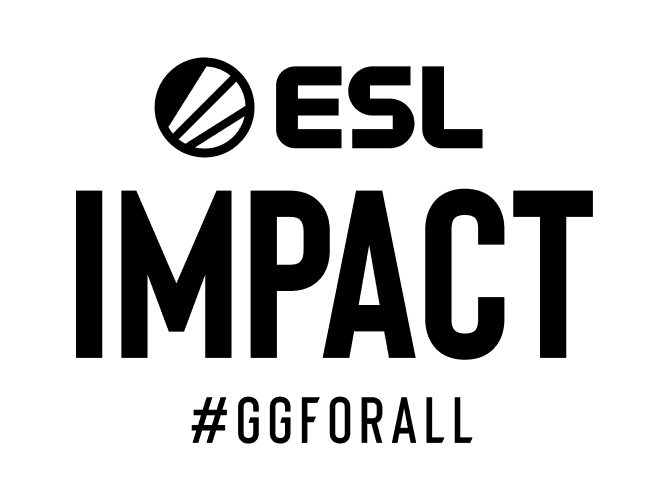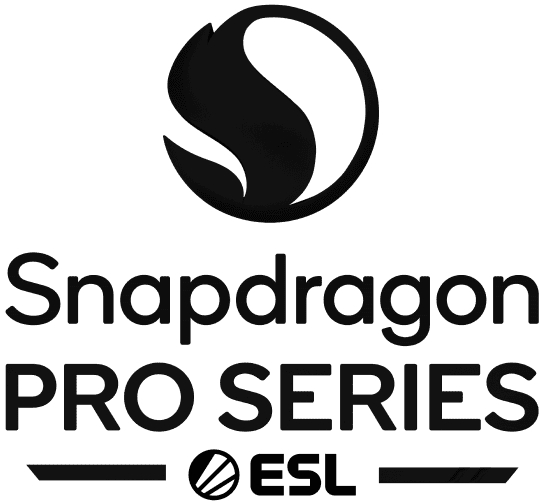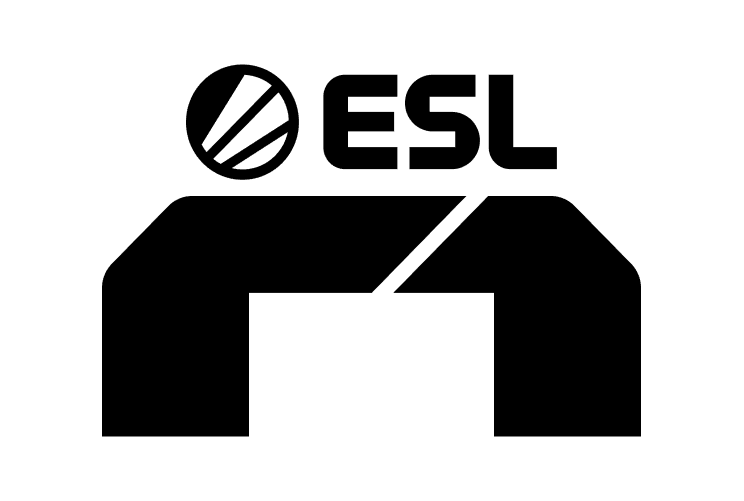We sat down with one of the most recognizable voices in esports to learn from his journey as we take the next steps in ours.
If having a career as a professional gamer was difficult to imagine a decade ago, making a living commentating on other people’s gameplay was simply out of scope. Alex “Machine” Richardson is part of a generation of passionate people who managed to defy this notion and built a career as a storyteller for some of the biggest professional gaming competitions on Earth. We are proud to have been a part of his process and wanted to catch up with one of the most contagious smiles in esports as we embark on a new adventure with our brand refresh.
1 - How did you first get into gaming?
Gaming has been a part of my life since I can remember; from my dad’s dusty floppy disk dungeon crawlers, I was then catapulted into fantasy games.
RuneScape was the first game to truly capture my imagination. I learned a lot of valuable life lessons in that game - for example, being scammed out of my hard earned ‘abyssal whip’ is still a touchy subject. I remember spending weeks of my allotted two hours of after-school PC time chopping down trees and storing logs to eventually craft into bows, and picking flax for hours to weave into bowstrings. It sounds stupid, but I swear I learned that hard work can be rewarded well before school got serious, or my first paid job thanks to gaming.
2 - Growing up, did you ever think you would have a career in gaming or broadcasting?
It wasn’t until I was finishing up my degree that a career in gaming was even a thought in my mind. Casting from my bedroom was almost always just something I considered a hobby, until ESL UK reached out to me.
3 - What was your time with ESL UK like? How important were these experiences for your career nowadays looking back?
Gosh, so valuable! I will always remember fondly the wide variety of projects I got trusted with within quite a small time frame. I did product walkthroughs, sold SSDs at an expo, hosted small-scale convention stages and of course casted Counter-Strike among other games.
Looking back, it was the people behind ESL UK who I think made that time so invaluable.
Seeing just how they never lost an ounce of passion, despite the tight budgets, the grueling turnover and the immense workload. Everything was handled with a chipper comradery that I think has helped me form a firm understanding of how to handle myself in the world of esports.
4 - Your first big gig as a talent for us came at ESL One Katowice 2015. What was that like?
That will forever be a career defining event for me, from being doubtful of my readiness for the big stage to standing on the raised platform on finals day and seeing the view count surpass one million. It was beyond comprehension for someone who spent their previous year in small studios and selling SSDs.
The biggest challenge by far was getting my head around all of the show elements that I was responsible for. As a commentator primarily prior to Katowice 2015, ‘hosting’ consisted of introductions and a sign off. The desk host responsibility suddenly introduced me to the ‘run-down’, which I am now all too familiar with, but at the time was the catalyst to many hours of stressful staring.
Would I do things differently? No, to be honest I still can't watch it back without my toes curling, however you learn from every event and that was an important stepping stone into refining my personal style of hosting which i’m still doing to this day.
5 - Speaking of Katowice, you’ve been part of our broadcast team every year since your debut. Having been to so many different events around the world, what sets this one apart from the rest?
Katowice is set apart through its own merit; history has been written in the Spodek Arena on multiple occasions. The crowd has always been as invested in the action as the teams. Its consistency in the CS calendar has earned it a spot as one of the most anticipated events every year, and I think from fans, to players, to talent, everyone has a special place for IEM Katowice in their hearts (and calendars)!
6 - Are you good at CS:GO? What insights have you gained from the desk that you feel have improved your game?
Good is a very strong word, but as someone who invested over 6.000 hours of my teenage years into competitive FPS (COD4 Promod), I would consider myself above average, with a firm grasp of the game’s core concepts.
I’ve definitely stolen little plays from my countless hours watching the pros play. Lekr0’s smoke-flash lineup for Inferno balcony is in my repertoire as an example. Viewers can learn a lot from the broadcast, but I’d say loading up a demo and watching a single POV is a much quicker way to pick up a newer understanding of a certain map/bombsite.
7 - Many analysts have attributed CS:GO’s longevity at the top of the esports ecosystem because of how viewer-friendly it is; that you don’t need to much context to enjoy it. Do you agree with this assessment?
I would totally agree; I have always considered CS:GO to be THE most viewer-friendly and most accessible esport at a glance. I have always loved that even someone who’s never opened the game can appreciate a good play on day one and have a favourite team and player by the end of day two.
If I had to, I suppose I’d compare its accessibility to something like football; all you need is a ball and your imagination. CS isn’t too far from that in that all you need is a PC made after 2010 and a Steam account to give it a try.
8 - You’ve also done your fair share of Dota events. How is that community different from the CS:GO scene? What do they have in common?
I don’t think they’re too dissimilar - both communities like to be armchair analysts, and both will travel to the other side of the world to watch the best compete. And, of course, both like to shout at the top of their lungs at an amazing play.
9 - Any advice for young aspiring esports broadcasters?
I think my biggest advice would be that there are thousands upon thousands of different ways to be a part of the esports world. Esports broadcasting is still, in my mind, a fledgling facet of the industry. Keep an open mind on what your involvement should be. While, getting your foot in the door is the hardest step, the rest will come. There is no recipe for success, everyone currently working here did so through entirely separate paths.
10 - Where do you see yourself in five years?
Gosh, I really don't know. I’m trying to live in the moment!
Follow ESL on Twitter, Facebook and Instagram to keep up to date on all things esports.


